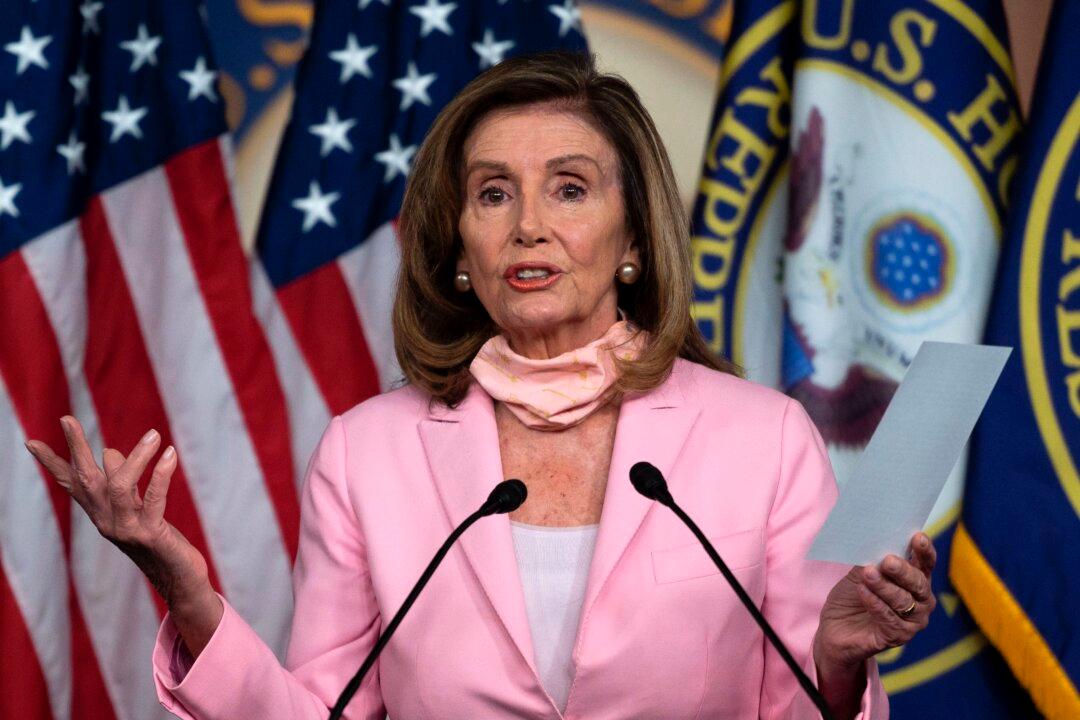House Speaker Nancy Pelosi (D-Calif.) and Treasury Secretary Steven Mnuchin came to an agreement on Tuesday night to avert a government shutdown at the end of September in the midst of several high-profile Congressional battles.
“We have reached an agreement with Republicans on the [continuing resolution] to add nearly $8 billion in desperately needed nutrition assistance for hungry schoolchildren and families,” Pelosi said in a statement Tuesday. “We also increase accountability in the Commodity Credit Corporation, preventing funds for farmers from being misused for a Big Oil bailout.”





